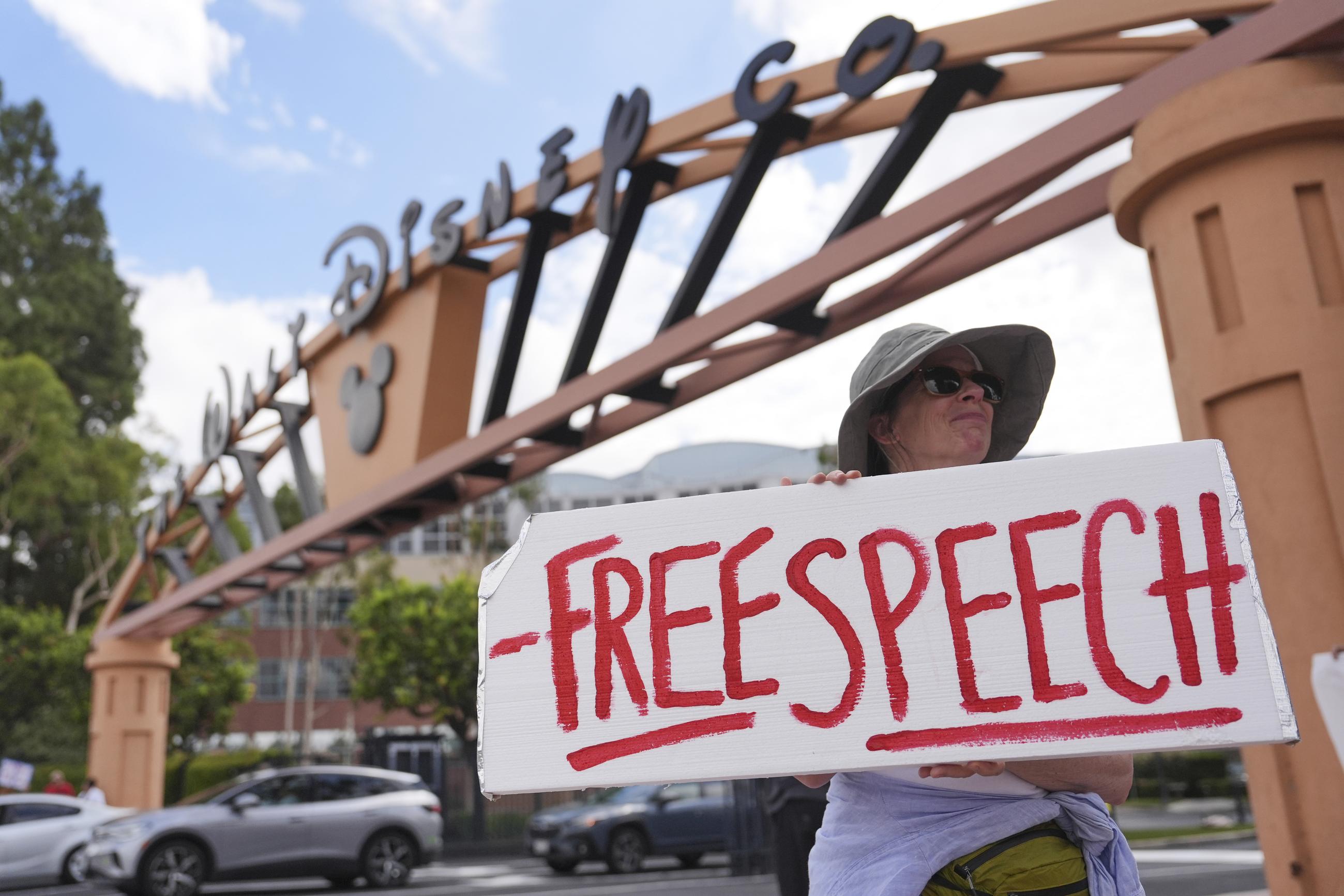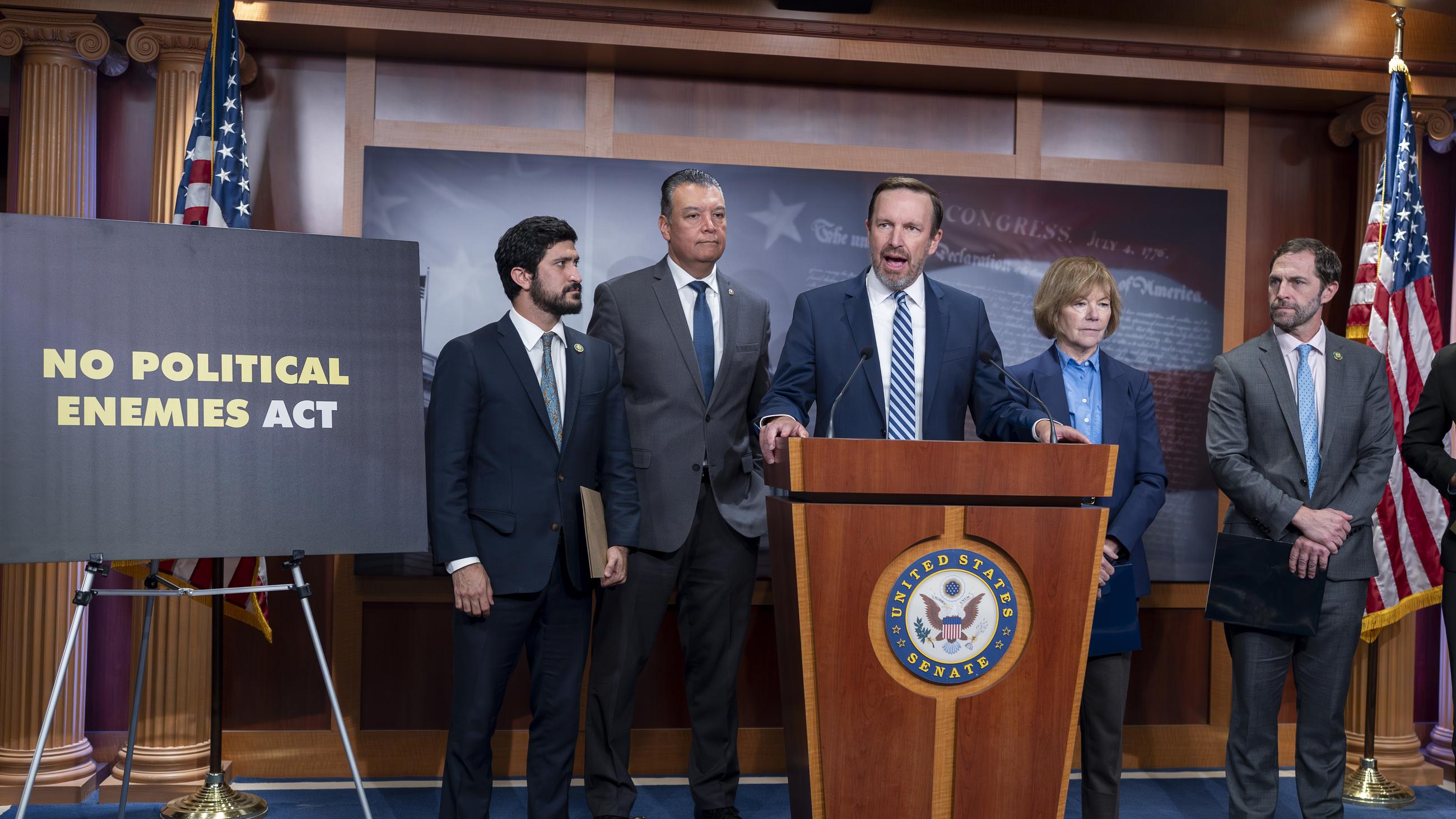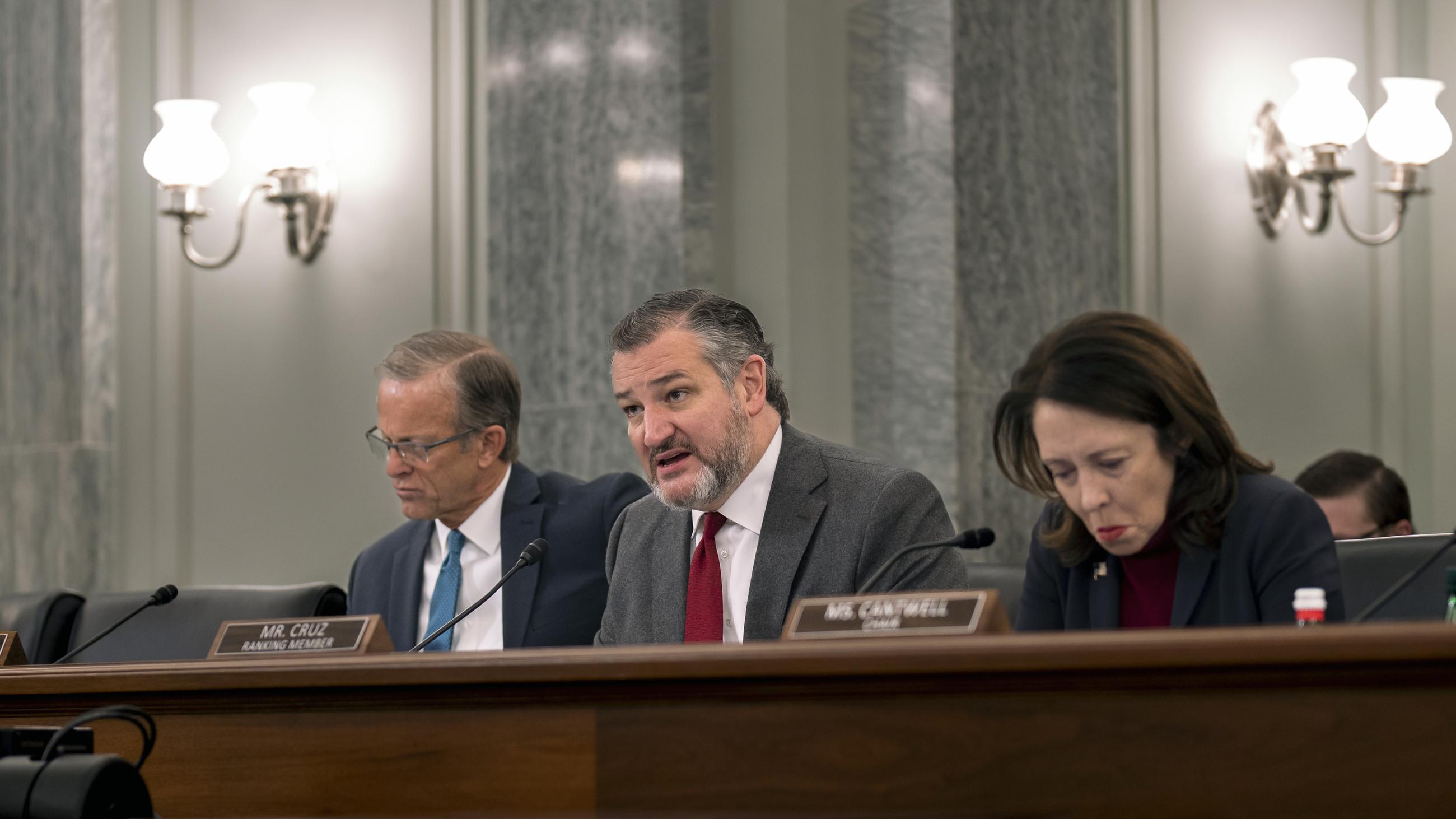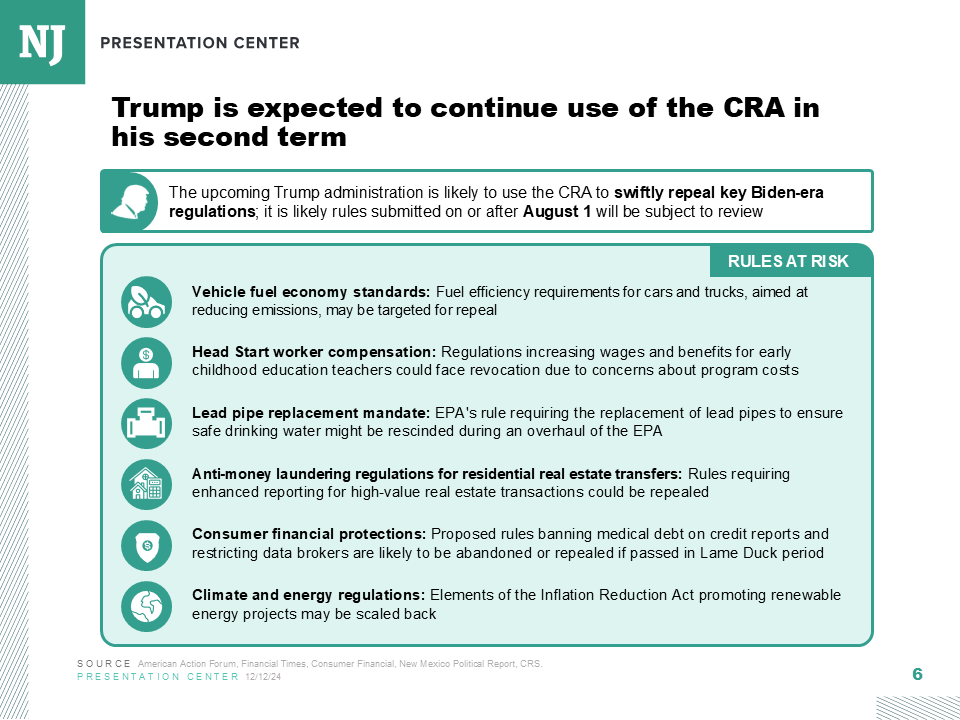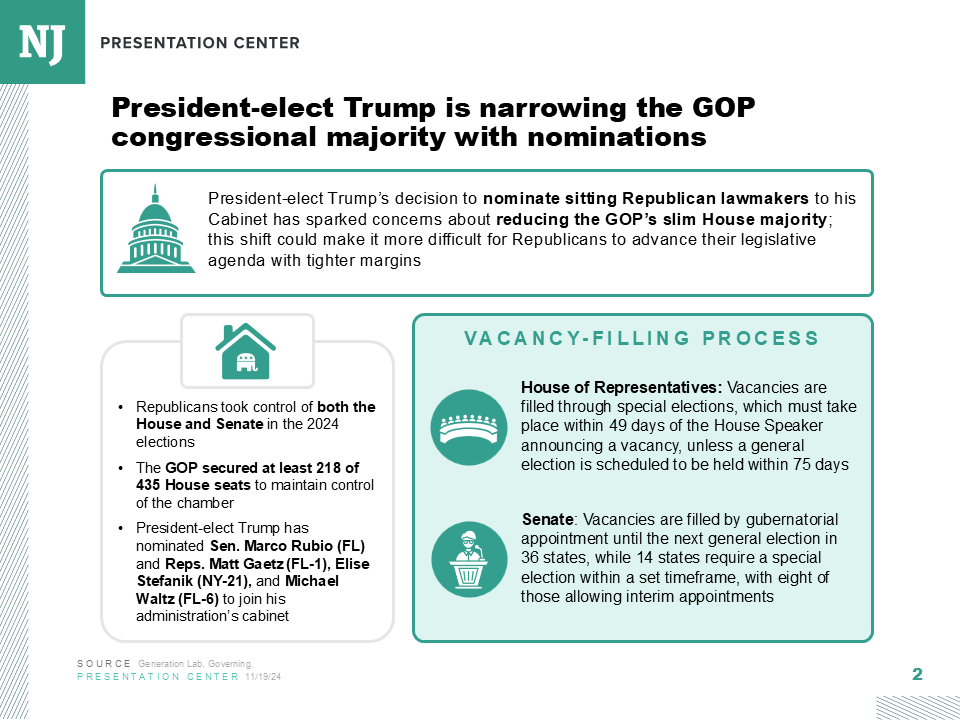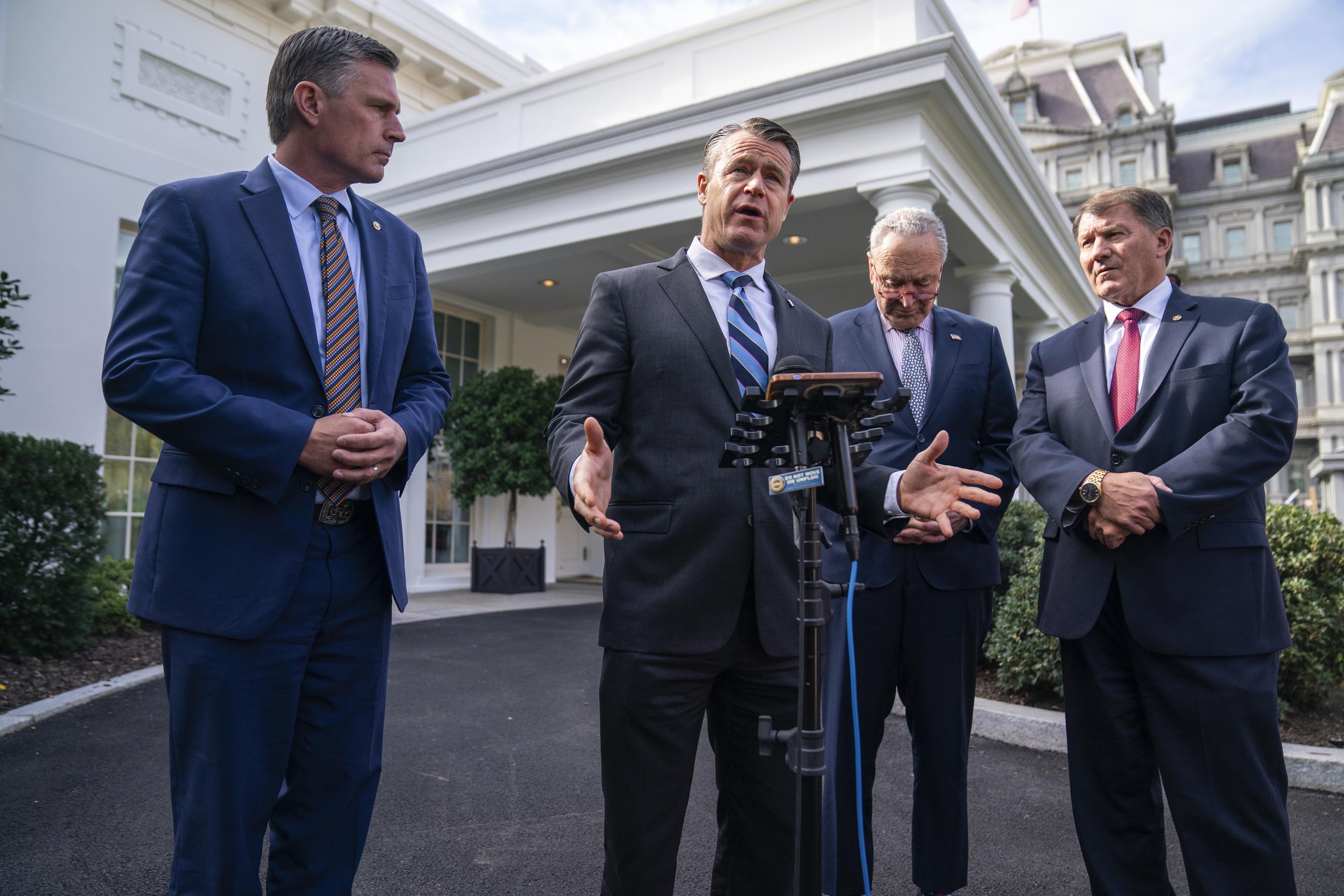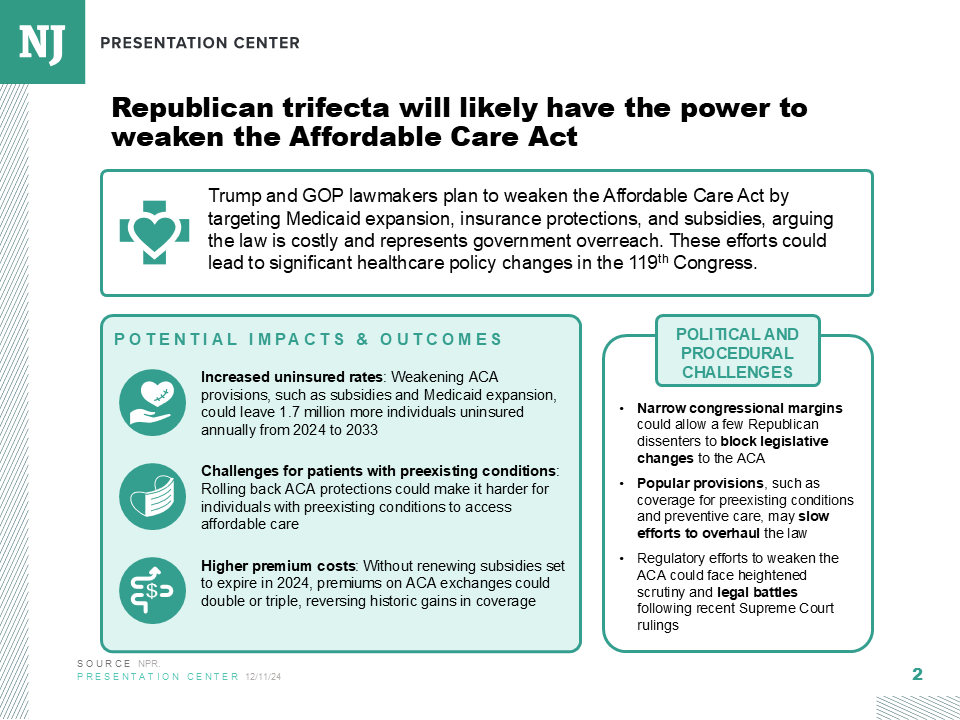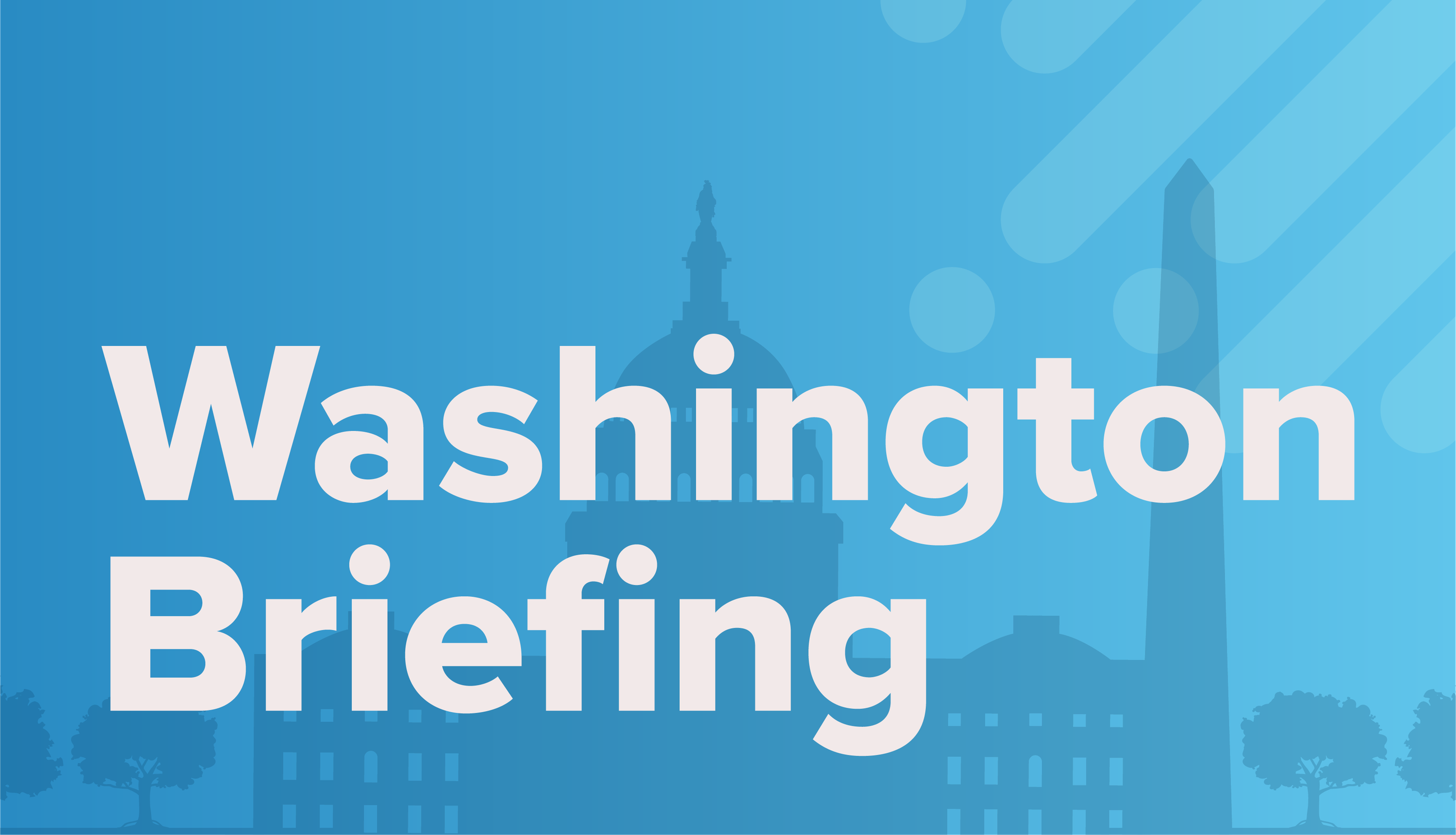Federal Communications Commission Chairman Brendan Carr has been making headlines by going after media outlets that have been critical of President Trump. In January, he launched investigations into NBC, ABC, CBS, NPR, and PBS, pressured CBS to settle a personal lawsuit with Trump, and strong-armed Disney to pull late-night host Jimmy Kimmel off the air.
What’s not getting as much attention is what the FCC under Carr has been doing to loosen restrictions on broadcast owners and increase consolidation of an already heavily consolidated broadcast industry. Experts say the dual moves of crackdown and consolidation may make it easier for the Trump White House to control broadcast news stations and limit dissent in the media.
“There's pretty good evidence from places outside of the U.S. that having a competitive media sector that's less concentrated is a defense against capture of the media by the government,” said Gregory Martin, an associate professor of political economy at Stanford.
Consolidation of broadcast media has been going on for decades, having accelerated after the Telecommunications Act of 1996 removed the hard cap on the number of broadcast stations a company could own, while significantly raising the audience share it’s allowed to reach.
While large networks like NBC, CBS, and ABC produce most of the national content on these channels, they do so in partnership with local stations which own the broadcast channels and are in charge of producing local content, such as the local news. Under the current rules, a single company can own as many broadcast stations as it can afford as long as it owns no more than two broadcast stations in a single market or reaches no more than 39 percent of all American households.
Even with those rules, consolidation in the industry has led to the three largest broadcast companies—Nexstar Media Group, Sinclair Broadcast Group, and Gray Television—controlling a combined 40 percent of all local-news producing stations and being present in 80 percent of the nation’s media markets.
In a 2024 paper, Martin concluded that consolidation has decreased the power of local audiences by giving these conglomerates large leeway to push their own editorial slants. For Sinclair, the choice tends to be a shift to national politics coverage instead of local coverage, along with a more conservative bent to that coverage.
In August, Nexstar announced a deal to acquire Tegna and its stations, a move likely to put it over the 39 percent cap.
On Tuesday, the Republican-led FCC voted to review local television ownership rules, a move that some say is the opening for the agency to raise the audience cap—a step Carr hinted could be coming.
“If we determine that any rule no longer serves the public interest, we will fulfill our statutory duty to modify or eliminate those rules,” Carr said during the Tuesday FCC meeting.
But Matt Wood, vice president of policy at Free Press, an organization opposed to media concentration, said the cap, which was set in 2004 by Congress, can’t be changed by the FCC.
“You have an FCC chairman essentially [who] seems ready to override the wishes of Congress in order to allow for more consolidation,” Wood said.
Beyond the question of legality, many worry that increased concentration in the broadcast market will make it easier for Carr to wield power over a smaller number of corporations, making them even more reliant on the FCC’s approval of broadcast licenses.
“When you have fewer choke points, it's easier for a would-be authoritarian to control the media narrative, because they don't have to control as many different people,” Wood said. “They can go after the few largest gatekeepers and have a tremendous impact.”
The issue of broadcast licenses played a key part in Paramount’s $16 million settlement in a personal lawsuit brought by Trump, who claimed the company unfairly edited a 60 Minutes interview with Kamala Harris. Though First Amendment experts believed the company had a solid case, many at the company reportedly believed the personal lawsuit was holding up FCC approval of Paramount’s $8 billion merger with Skydance.
But even the settlement was not enough to get Carr’s blessing, and the company eventually agreed to install a bias monitor to oversee work produced by CBS News.
“The company agreed to never-before-seen forms of government control over newsroom decisions and editorial judgment—actions that violate both the First Amendment and the law,” Democratic FCC Commissioner Anna Gomez said in a statement after the merger was finalized. “Sadly, this will not be the end of this Administration’s campaign of intervention in media to silence critics, gain favorable coverage, and impose ideological conformity on newsrooms that should remain independent.”
It was not long before Carr moved to wield the FCC’s power against another network giant.
After conservative activist Charlie Kirk was murdered, Kimmel decided to use his monologue on Jimmy Kimmel Live! to criticize Trump for using the tragedy to attack his political opponents.
Carr then went on a conservative podcast seemingly in an effort to get Kimmel removed from the air.
“Look, we can do this the easy way or the hard way," Carr said to podcaster Benny Johnson. "These companies can find ways to change conduct, to take action on Kimmel or, you know, there's going to be additional work for the FCC ahead."
Richard John, a history and communications professor at Columbia, said that the FCC has a long history, dating back almost to its origins in the 1930s, of attempting to pressure the media it regulates, but that Carr’s comments go well beyond what any FCC chair has ever done.
“The kind of rhetorical claims being made by Trump administration insiders is meant to outrage people like me, because it is outrageous,” John said. Refusal to censor is “a norm that has been observed by the FCC, in part, because it's illegal," he said. "It says explicitly in the FCC charter they're not supposed to censor.”
Senate Commerce Committee Chair Ted Cruz, a close ally to the White House, objected to Carr’s statement, comparing him to a "mafioso.”
Almost immediately after Carr’s comment, Kimmel was pulled off the air, and local affiliate owners Nexstar and Sinclair announced that even if Disney opted to let Kimmel return they would not air his show on their locally owned affiliates until he apologized for his monologue.
While Sinclair has a history of using its networks to push conservative talking points, Nexstar has historically been more neutral. But the company has a major merger pending that requires not just approval from the FCC, but a likely change to ownership rules that would need to be approved by federal regulators.
“It really couldn't be much more of a corrupt shakedown happening right in front of our eyes, and yet that's what they've done time and again,” Wood said.
Kimmel’s ban did not last long. Just under a week after his initial suspension he was back on air—except on local affiliates owned by Sinclair and Nexstar. Eventually, even those companies reversed course and opted to air Jimmy Kimmel Live! after his return to air raked in massive ratings.
Wood said the reversal hopefully marks a turning point in Carr’s actions, but he is doubtful.
“When even Ted Cruz comes out and says, ‘Hey, the FCC chairman in my own party is doing something dangerous and wrong here,’ I think that has to register with Brendan Carr,” he said. “These guys are continuing to flex their muscles and try to threaten people and try to limit criticism of the president ... so we'll see what happens the next time, if there's a next time.”

